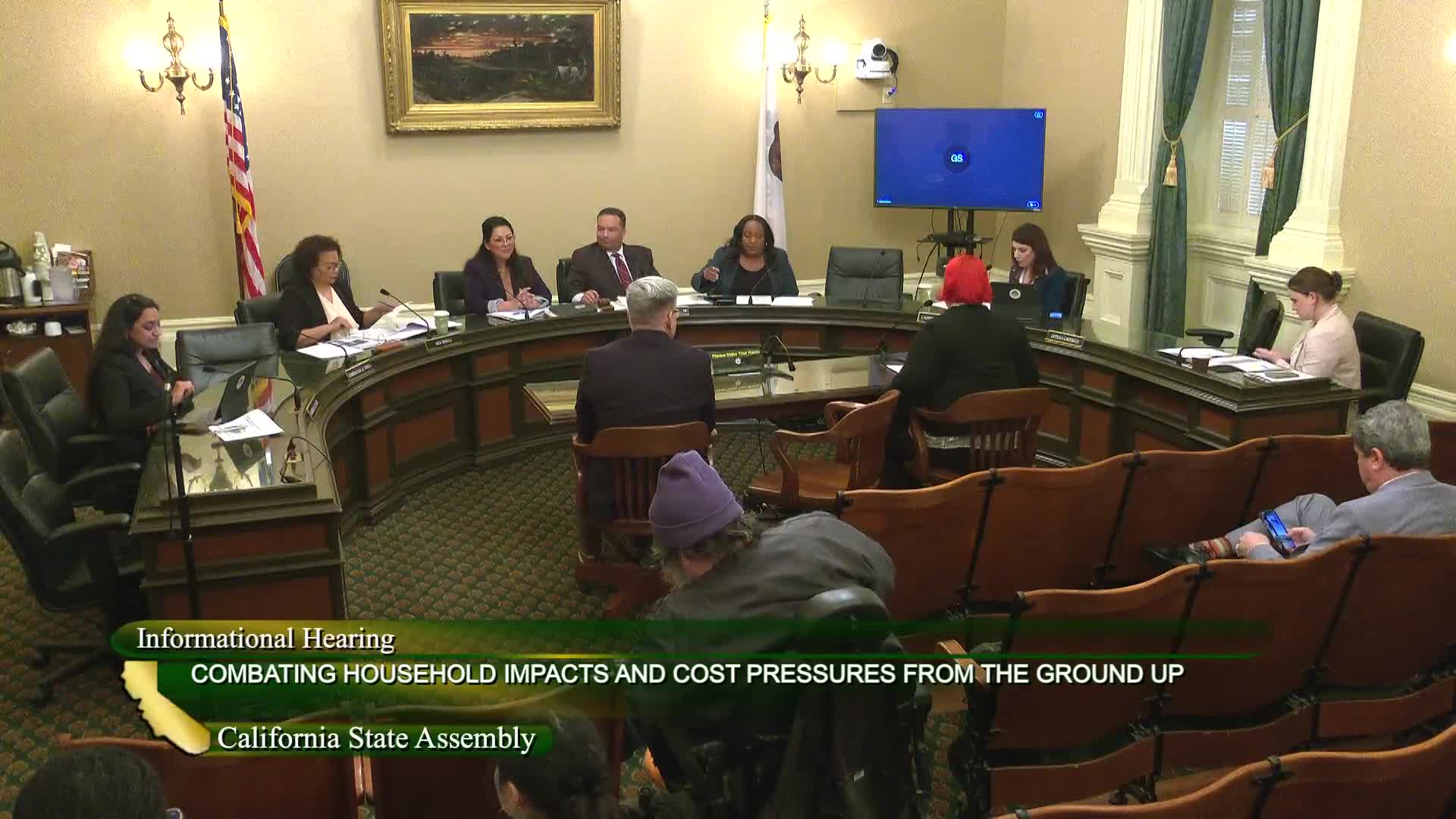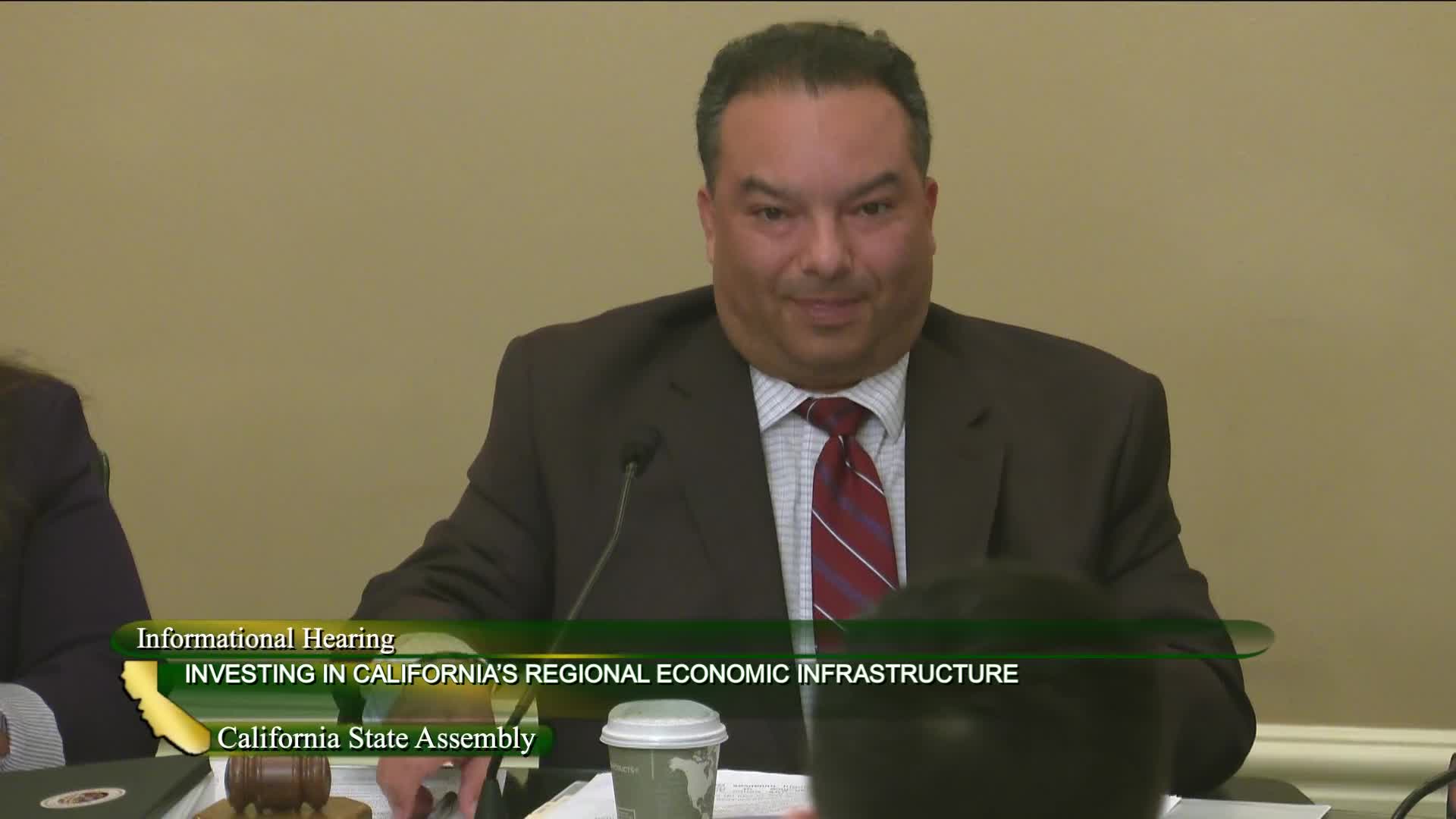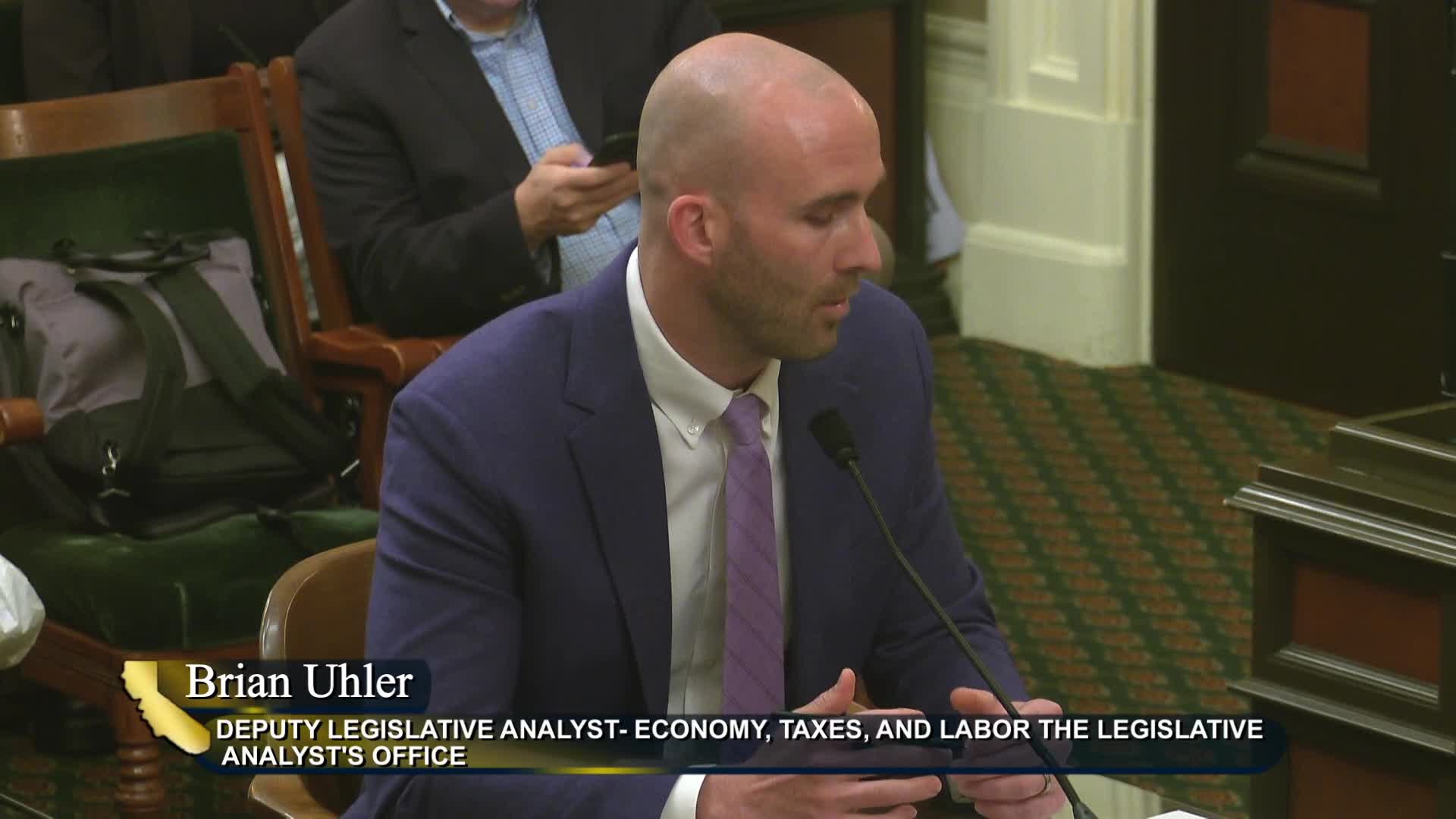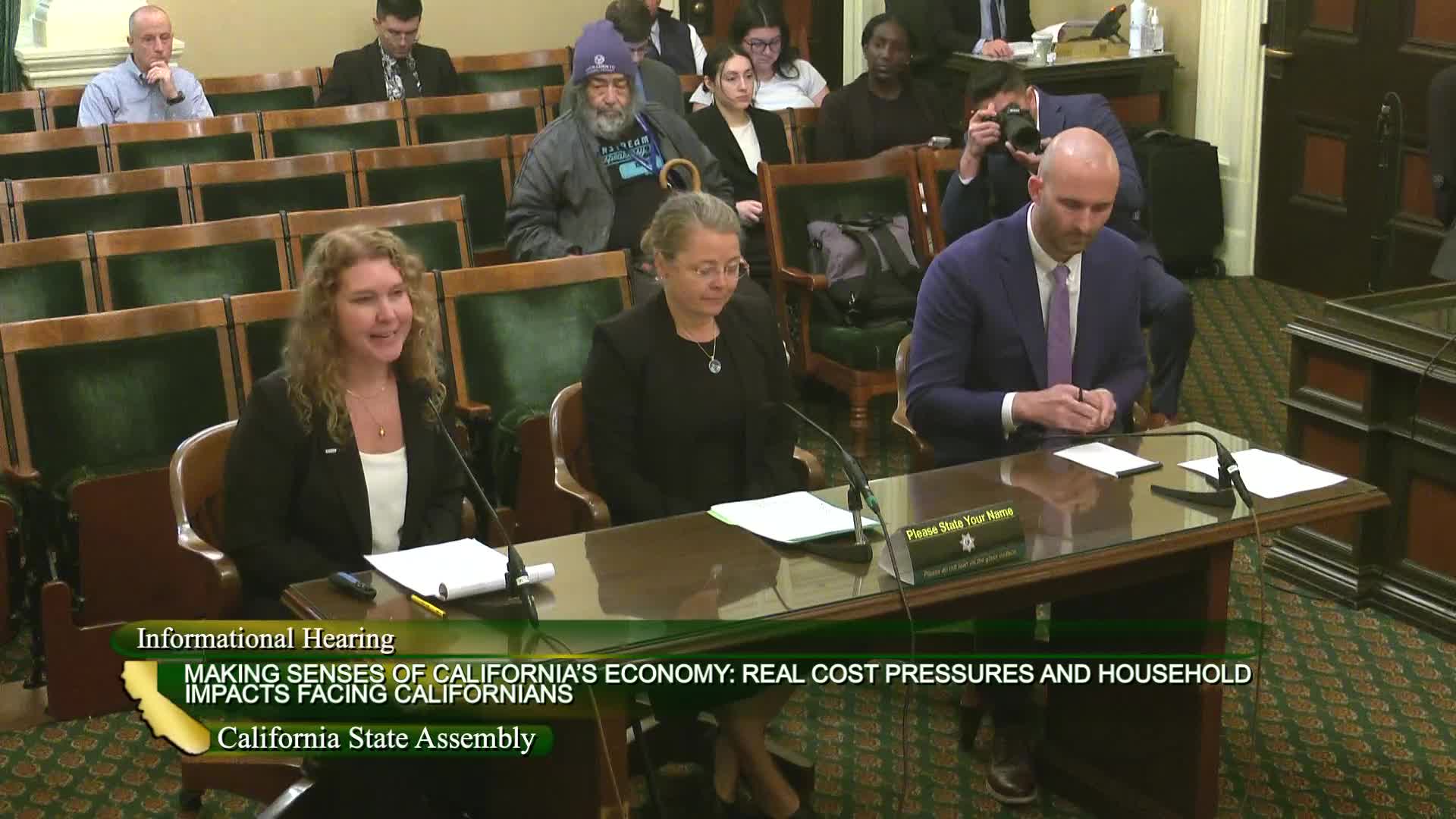Article not found
This article is no longer available. But don't worry—we've gathered other articles that discuss the same topic.

Small-business owners, SBDCs and regional training centers tell Assembly about boots-on-the-ground supports

GO-Biz presents California Jobs First economic blueprint to guide regional investments

Assembly members press experts on why housing laws have not produced more homes

